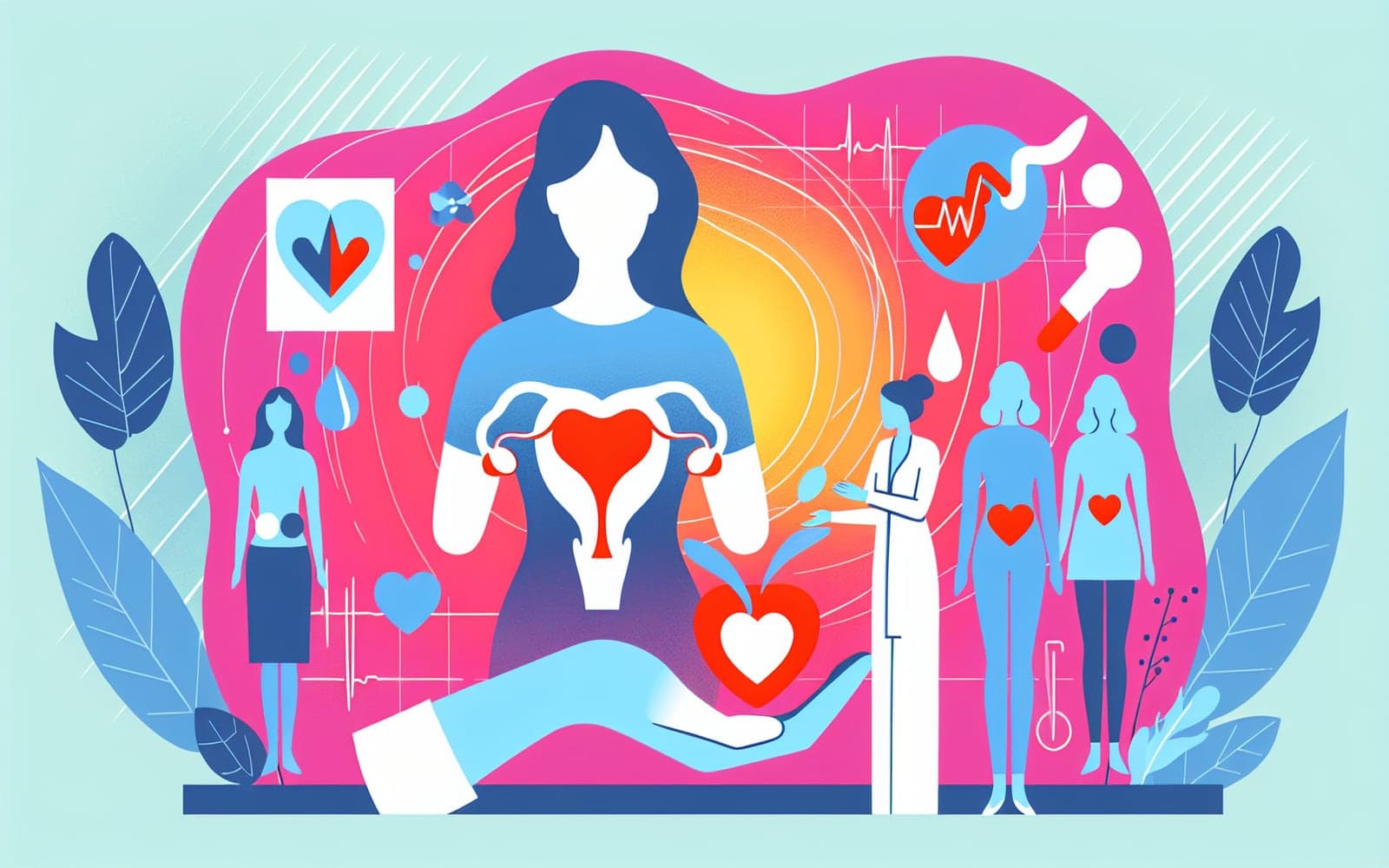Hormone Therapy and Heart Health: What Post-Menopausal Women Need to Know
Published: Feb 10, 2024

Medically reviewed by Jerome Albert Ecker | MD, Assistant Professor of Medicine, Duke University - Durham, NC on February 10th, 2024.
For years, hormone therapy (HT) was thought to protect post-menopausal women from heart disease. But newer research has painted a more complex picture. Let's break down what we now know about HT and heart health.
Contents
The Changing Landscape of HT Research
Early observational studies suggested HT could reduce heart disease risk in post-menopausal women. However, the landmark Women's Health Initiative (WHI) study in 2002 challenged this view. It found that combined estrogen-progestin therapy actually increased the risk of heart disease in some women.
The 'Timing Hypothesis'
Subsequent analyses have revealed that the effects of HT on heart health may depend on when it's started. Women who begin HT within 10 years of menopause or before age 60 may have a lower risk of heart disease. This is known as the 'timing hypothesis'. However, starting HT later in life may increase heart disease risk.

Balancing Risks and Benefits
HT can effectively treat menopausal symptoms like hot flashes and may have other health benefits. But it also carries risks, including a slightly increased chance of blood clots. The decision to use HT should be individualized, considering a woman's age, time since menopause, and overall health status.
Frequently Asked Questions
No, it's not recommended solely for heart disease prevention.
No, risks and benefits vary based on individual factors.
It may in older women or those far past menopause.
HT may be safer when started soon after menopause.
Key Takeaways
While HT isn't for heart disease prevention, it may be appropriate for some women's menopausal symptoms.
Wondering if hormone therapy is right for you? Chat with Doctronic to explore your options.Related Articles
References
Rossouw JE, et al. (2007). Postmenopausal Hormone Therapy and Risk of Cardiovascular Disease by Age and Years Since Menopause. JAMA.
Manson JE, et al. (2013). Menopausal Hormone Therapy and Health Outcomes During the Intervention and Extended Poststopping Phases of the Women's Health Initiative Randomized Trials. JAMA.
This article has been reviewed for accuracy by one of the licensed medical doctors working for Doctronic. Always discuss health information with your healthcare provider.

